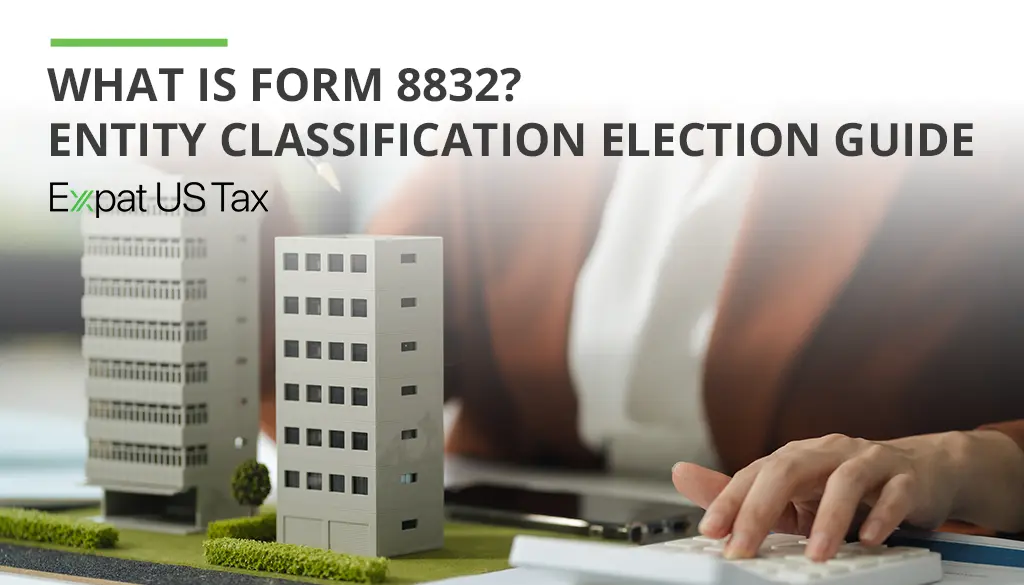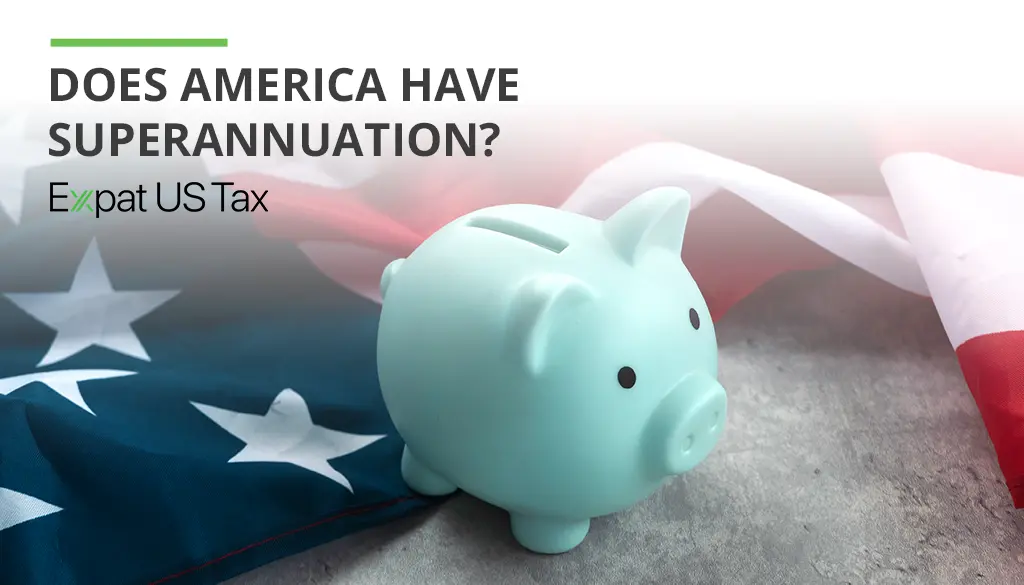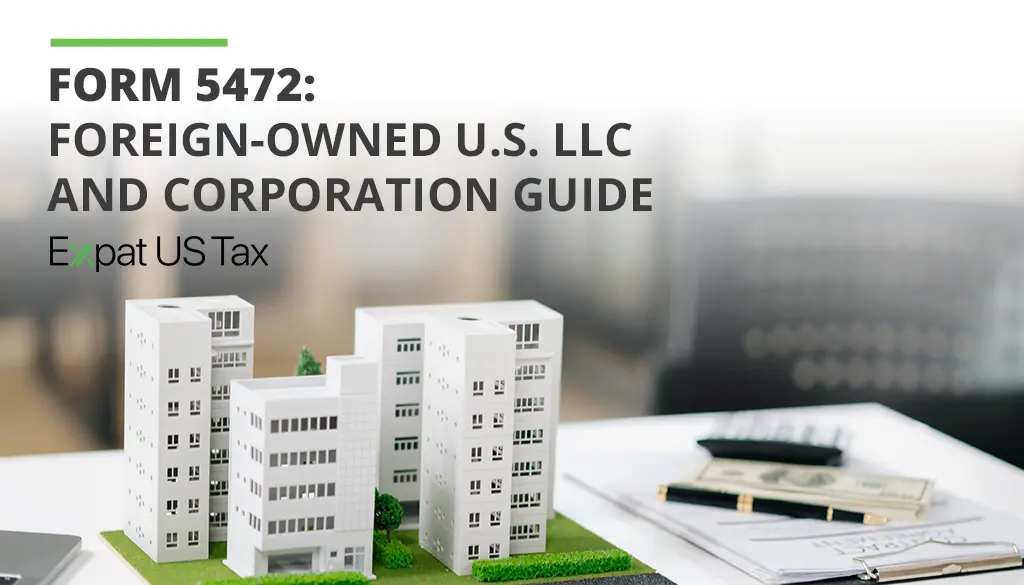Foreign Tax Credit vs Foreign-Earned Income Exclusion


Aya Takriti, an IRS Enrolled Agent with 12 years of expat tax experience, specializes in US tax preparation, tax planning and tax advice for US citizens and Green Card holders living and working in the Middle East. *Schedule a consultation with Aya today.
*30-minutes US$247.
Table of Contents
Which is better: Foreign Tax Credit or FEIE?
Tax equalization helps US employees working overseas avoid paying more in taxes just because they took a job in another country. It keeps their tax situation similar to what it would be if they stayed in the US.
The company figures out what the employee’s US tax bill would have been, deducts that from their pay, and then takes care of any foreign taxes that are actually due.
This way, the employee’s tax cost doesn’t go up just because they’re abroad.
If you’re a US expat earning income abroad, you’ve probably run into the Foreign Tax Credit and the Foreign Earned Income Exclusion and maybe wondered which one actually works better.
The truth? It depends on your situation.
Let’s start with what they do.
The Foreign Tax Credit (FTC) helps you avoid double taxation by giving you a dollar-for-dollar credit for foreign income taxes you’ve already paid. So if you paid income tax to another country, you can usually subtract that from your US tax bill.
The Foreign Earned Income Exclusion (FEIE) lets you exclude a chunk of your foreign-earned income, up to around US$130,000 in 2025 (planned increase to US$132,900 in tax year 2026), from your US taxes completely. If you’re self-employed or on a salary in another country, this can knock out a big part of your taxable income.
Now, how do they actually reduce your tax bill?
FEIE lowers the amount of income you’re taxed on. FTC cuts the actual tax you owe. One shrinks your taxable income, the other cancels out part of your tax liability. They’re just different tools for dealing with the same issue.
And when it comes to what kinds of income they work on, FEIE only applies to earned income like wages or freelance work. It doesn’t help with investment income or rental profits. FTC, on the other hand, can apply to a wider range of income types, so it’s a bit more flexible.
Where you live also plays a big role. If you’re in a country with high income taxes (like Germany, France, or Australia), the FTC might work better. If you’re living somewhere with little or no income tax (like the UAE or Singapore), FEIE usually makes more sense.
Here’s a quick look at some pros and cons.
Foreign Earned Income Exclusion Pros:
- Simple to use for earned income
- Can completely exclude income from tax
- Good for low- or no-tax countries
Foreign Earned Income Exclusion Cons:
- Doesn’t apply to passive income (interest, dividends, rentals)
- Income cap limits how much you can exclude
- Harder to switch back once you revoke it
Foreign Tax Credit (FTC) Pros:
- Works with most kinds of income
- No income cap
- Better if you pay high taxes abroad
Foreign Tax Credit (FTC) Cons:
- More IRS forms to deal with
- Can’t be used for foreign taxes on income you excluded with FEIE

Which one is best for my tax situation? Our tax specialists can help you find out.
Can you claim both the Foreign Tax Credit and the Foreign Earned Income Exclusion?
Yes, you can claim both, but there are a few things to watch out for.
The IRS lets you combine the two as long as you’re not using them on the same exact income. For example, you can exclude part of your salary using FEIE and then use the FTC to cover foreign taxes on income above the FEIE limit or from things like dividends or rental income.
One important thing: once you use the FEIE and then decide to stop using it, you usually can’t just start again the next year unless the IRS gives you the okay. That five-year lock-in can catch people off guard, so it’s something to keep in mind before jumping in.
In general, dual claiming is allowed and can be really useful, but the rules are picky. It’s worth getting help from a tax professional if your situation isn’t straightforward. They can help you figure out how to use both benefits without stepping on any IRS landmines.
How do you qualify for the Foreign Earned Income Exclusion?
To qualify for the Foreign Earned Income Exclusion (FEIE), you basically need to live and work outside the US and meet a couple of specific IRS rules.
First, your tax home has to be in a foreign country. That just means your main place of work and business isn’t in the US. Vacationing abroad doesn’t count, this has to be where you live and work.
Second, you have to pass one of two residency tests:
Physical Presence Test:
You need to be physically outside the US for at least 330 full days in a 12-month period.
Bona Fide Residence Test:
You’ve lived in a foreign country as your main home for a full calendar year and have established residency there.
Third, your income needs to qualify. The FEIE only applies to earned income, so salary, wages, or self-employment income you earned while working abroad. It doesn’t work for investment income, pensions, or rental income.
If you meet those requirements, you can use Form 2555 to exclude up to US$130,000 (for 2025) of your foreign-earned income from US taxes. If you’re married and your spouse qualifies too, you both can claim it.
FAQ'S
Can I switch from using the Foreign Earned Income Exclusion to the Foreign Tax Credit next year?
Yes, but if you stop using the FEIE after claiming it, you usually can’t use it again for five years without IRS approval. This is called the 5-year rule.
Can I use the Foreign Tax Credit if I didn’t pay any taxes in the foreign country?
Can I use the FEIE and still qualify for the Child Tax Credit?
Does the Foreign Tax Credit carry over to future years?
Which one helps more if I have rental income overseas?



